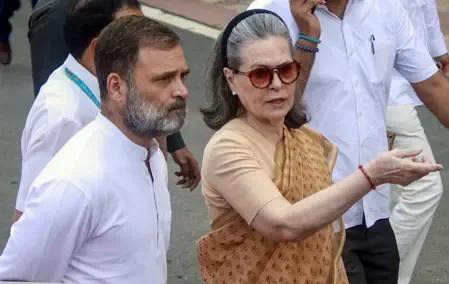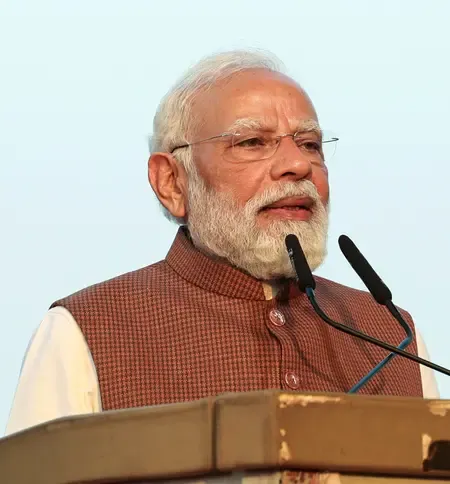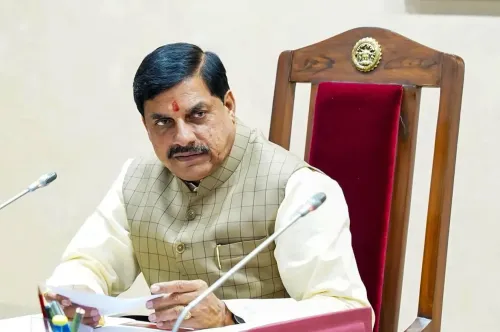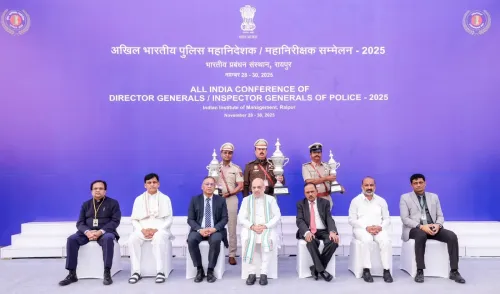Why Did Kerala Experience a Standstill Due to a Private Bus Strike?
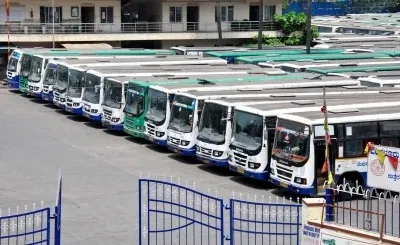
Synopsis
Key Takeaways
- 20,000 private buses participated in the token strike.
- The strike is a reaction to unmet demands from bus operators.
- Private buses are crucial for transport in Kerala.
- If unresolved, an indefinite strike may commence on July 22.
- The strike has impacted daily attendance in offices and schools.
Thiruvananthapuram, July 8 (NationPress) A significant disruption to daily activities was witnessed across Kerala on Tuesday as approximately 20,000 private buses halted operations due to a token strike initiated by the operators.
The bus operators have been voicing concerns regarding issues such as an increase in fees for student concessions and measures to combat fraudulent concession cards, among other demands for a considerable period.
After unsuccessful discussions with the Transport Commissioner, the operators resolved to proceed with a token strike on Tuesday. They have cautioned that if the government does not respond to their requests within a week, they will be compelled to escalate to an indefinite strike starting July 22.
Notably, private buses are crucial for the daily commute of residents throughout the state, given that the Kerala State Road Transport Corporation (KSRTC) operates only around 6,200 buses.
Furthermore, KSRTC primarily focuses its services in and around major cities, which leaves private buses to cater to the rural and suburban areas across all districts.
While KSRTC has a strong presence in the state capital and provides long-distance services, the private buses are predominantly involved in short-distance travel.
The strike has significantly impacted attendance in workplaces and educational institutions lacking alternative transport options. On this day, auto-rickshaws and informal transport operators have benefitted by providing services in suburban regions.
Additionally, a 24-hour national strike organized by ten central trade unions, based on a 17-point agenda, is set to commence on Wednesday. This strike will initiate at midnight on Tuesday and is expected to further disrupt the public transport system and daily life in Kerala. The state-level joint committee of trade unions has requested the public's cooperation during this period.

